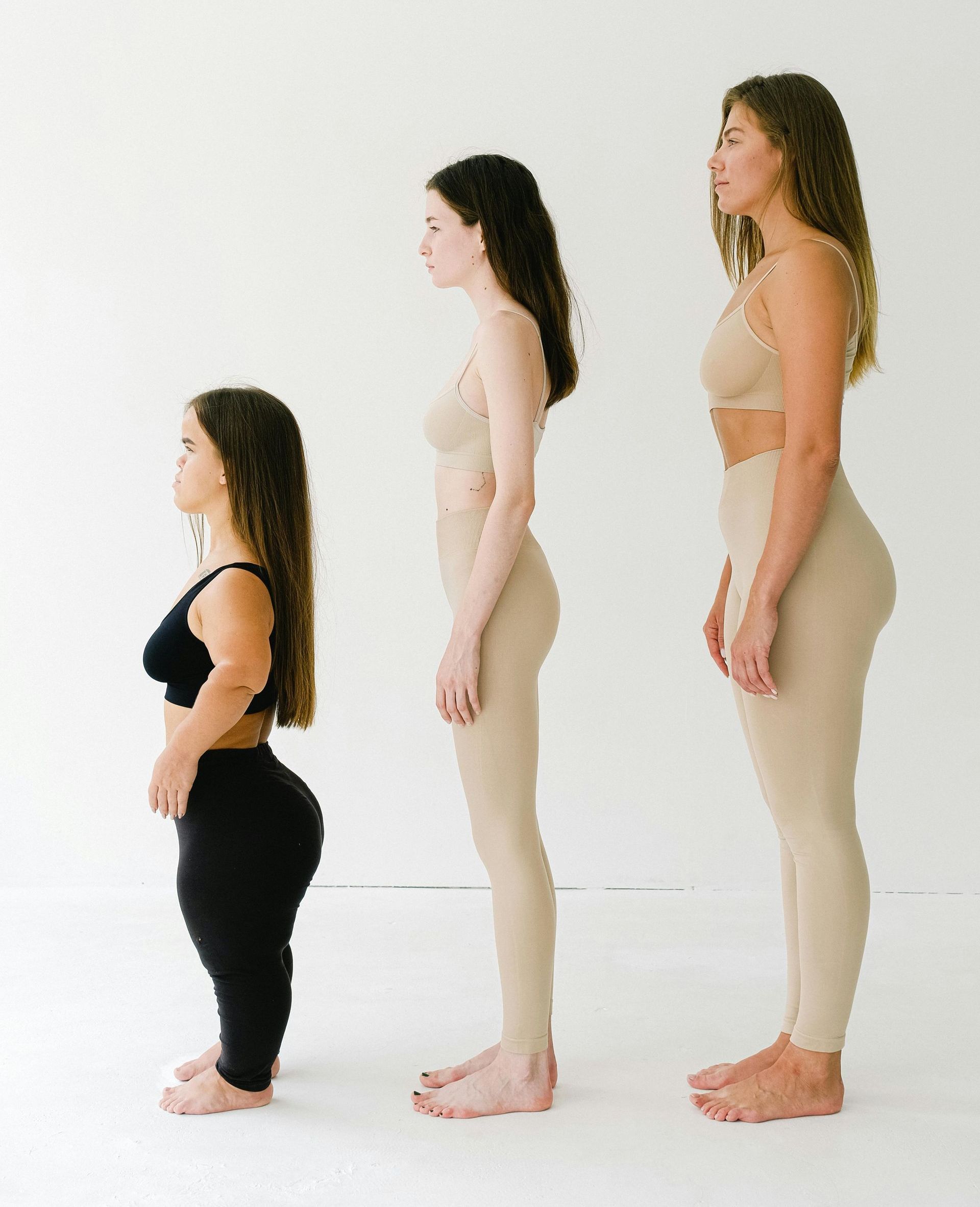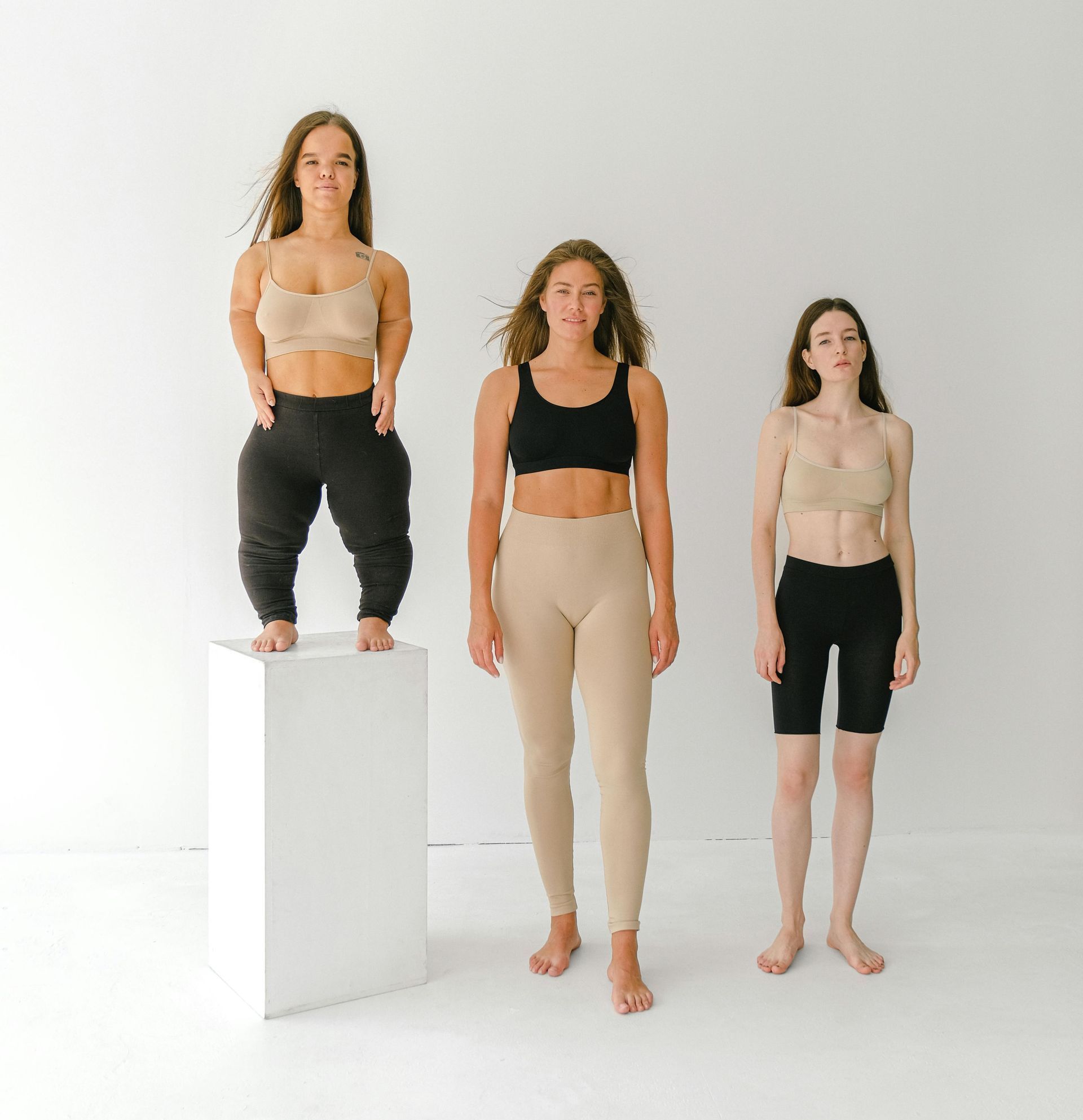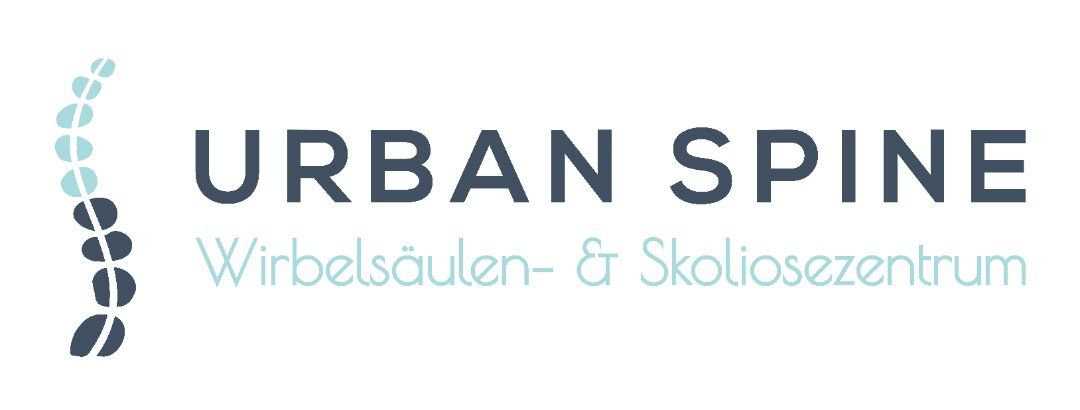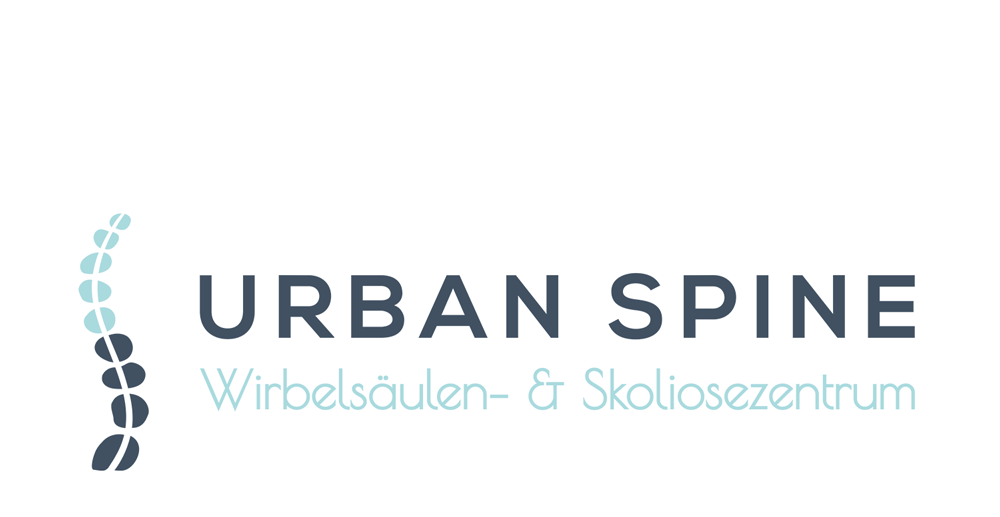Short Stature SPINE THERAPY
Holistic Spinal Therapy for Spine problems in Short Stature and Dwarfism
The problem of the spine in short stature
Short stature, also known as dwarfism, not only affects height but can also have significant effects on the spine and the entire skeletal system. The underlying causes - genetic disorders, hormonal dysfunctions or growth disorders - often affect the normal development of the spine and lead to specific problems.
Common spinal problems in short stature:
- Hyperkyphosis: excessive curvature of the thoracic spine (roundback), often due to structural changes in the vertebral bodies.
- Hyperlordosis: increased curvature of the lumbar spine as compensation for a shortened spine or hip misalignment.
- Scoliosis: lateral curvature of the spine due to asymmetrical growth or muscular imbalances.
- Vertebral stenosis: narrowing of the spinal canal, which puts pressure on nerves and the spinal cord.
- Instability of the cervical spine: common in genetic syndromes such as Down syndrome or certain skeletal dysplasias.


Holistic Spinal Therapy for Dwarfism and short stature
Conservative therapy
- Physiotherapy: Strengthening the core muscles, improving posture and mobility
- Pain therapy: medication, infusions, acupuncture and infiltrations for chronic complaints
- Orthoses: Support of the spine in cases of instability
Surgical measures
- Corrective surgery: To straighten scoliosis or kyphosis.
- Decompression: In cases of spinal stenosis, to relieve pressure on the nerves and spinal cord.
- Stabilization operations: Especially in cases of instability of the cervical spine.
Prevention and long-term management
- Regular checks to detect deterioration at an early stage.
- Adapted physical activity to strengthen the muscles and relieve the spine.
Conclusion: The spine plays a central role in dwarfism, as it supports the body's balance and enables mobility. Problems such as kyphosis, scoliosis or vertebral stenosis are not only common in many sufferers, but often also serious. Early diagnosis, an individualized treatment plan and regular check-ups are crucial to maintaining quality of life in the long term.
Urban Spine – Spine & Scoliosis Center
Sr. Physician Dr. Nadja Jiresch, MSc
Wollzeile 6-8, 1010 Vienna
barrier-free: Schulerstraße 1-3, 1010 Vienna
T: +43 676 47 58 774




